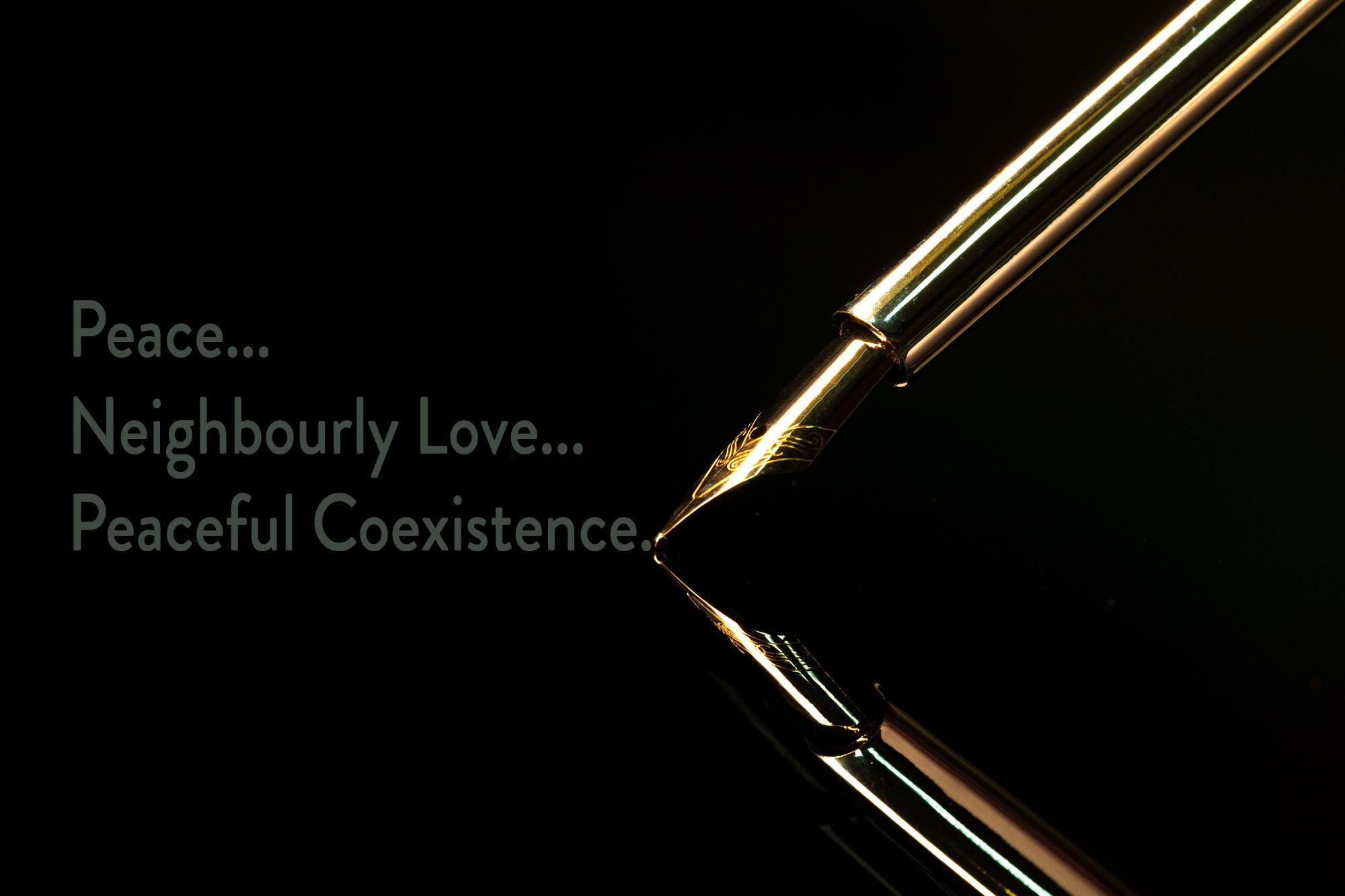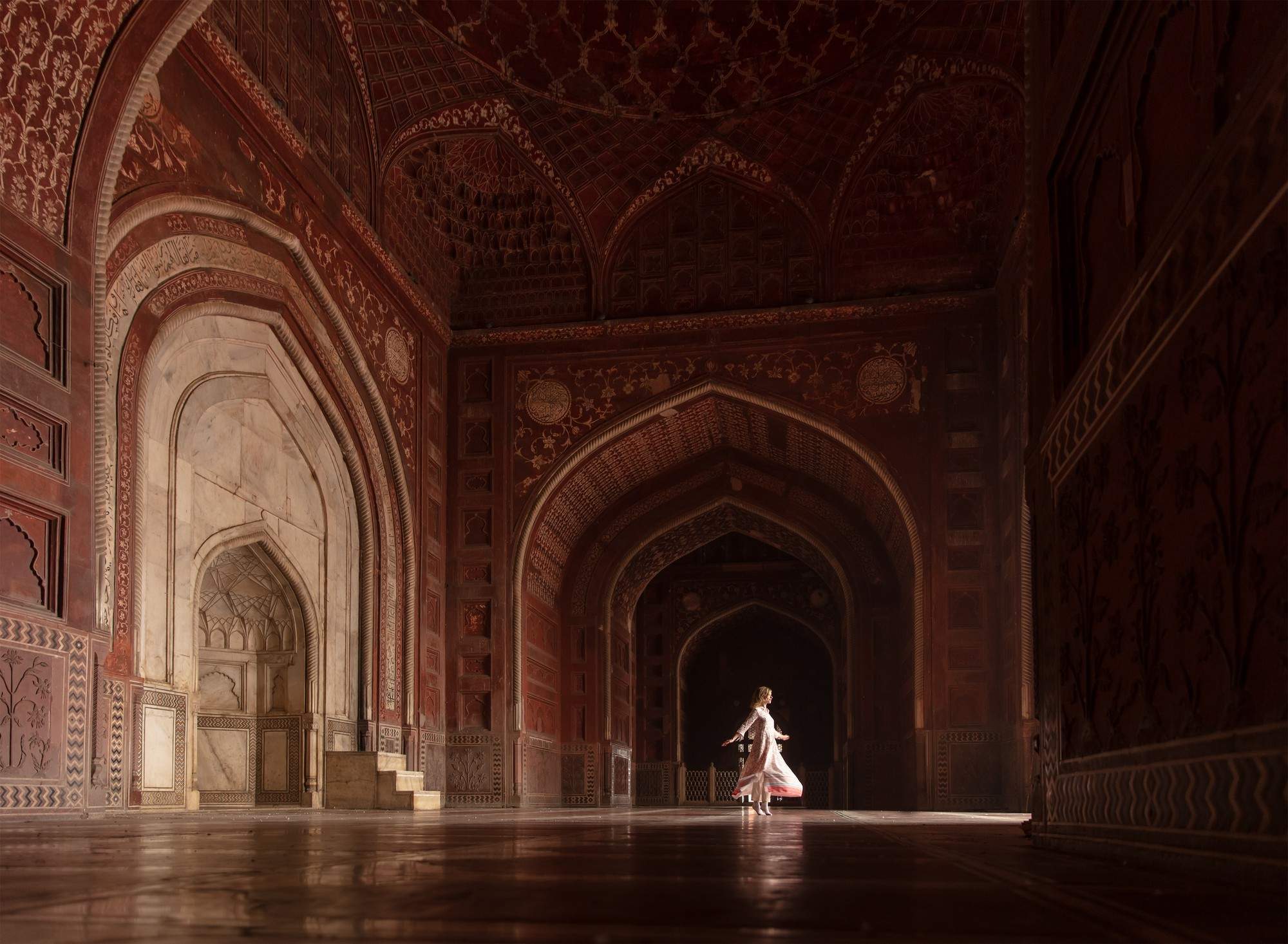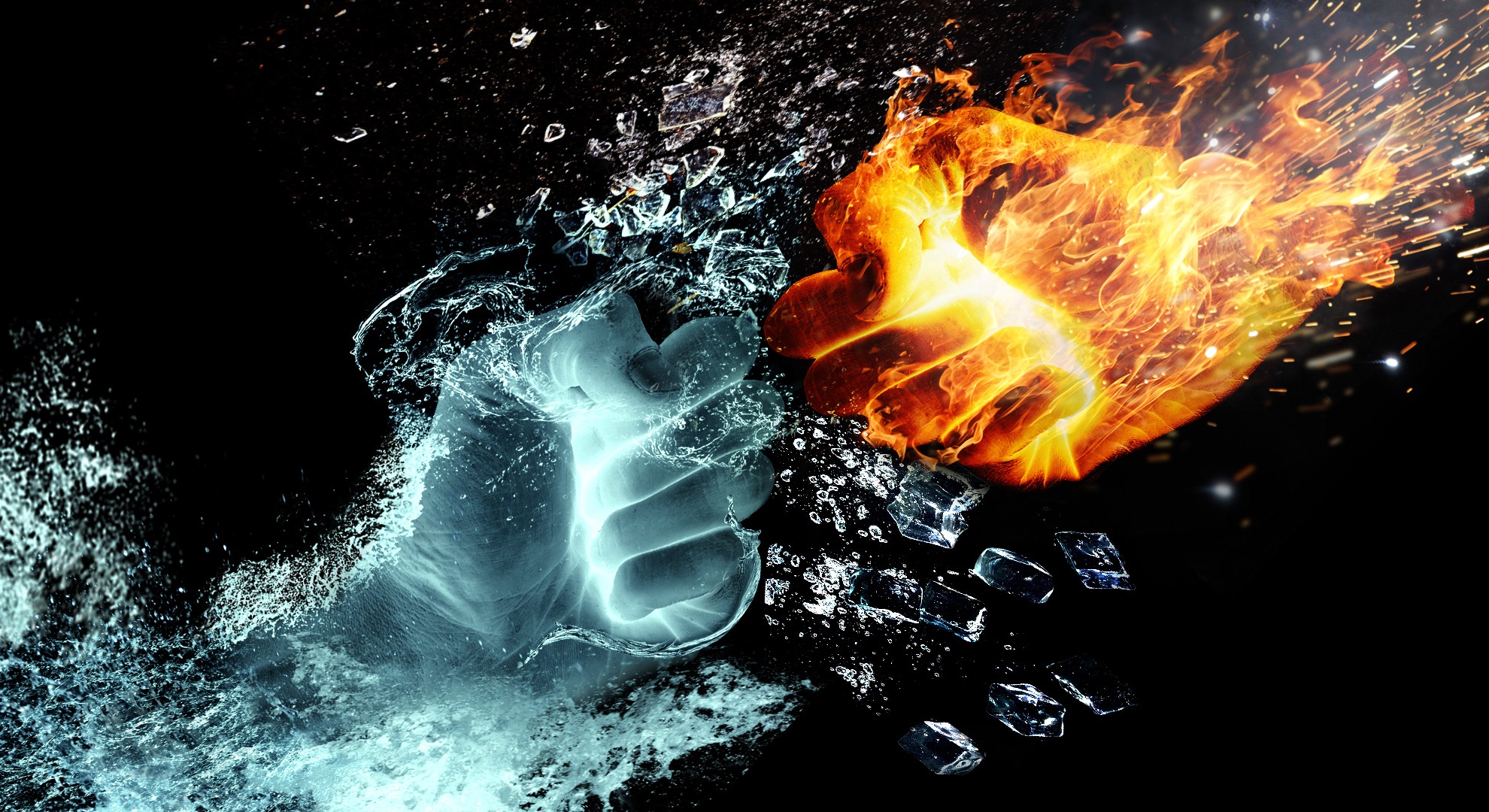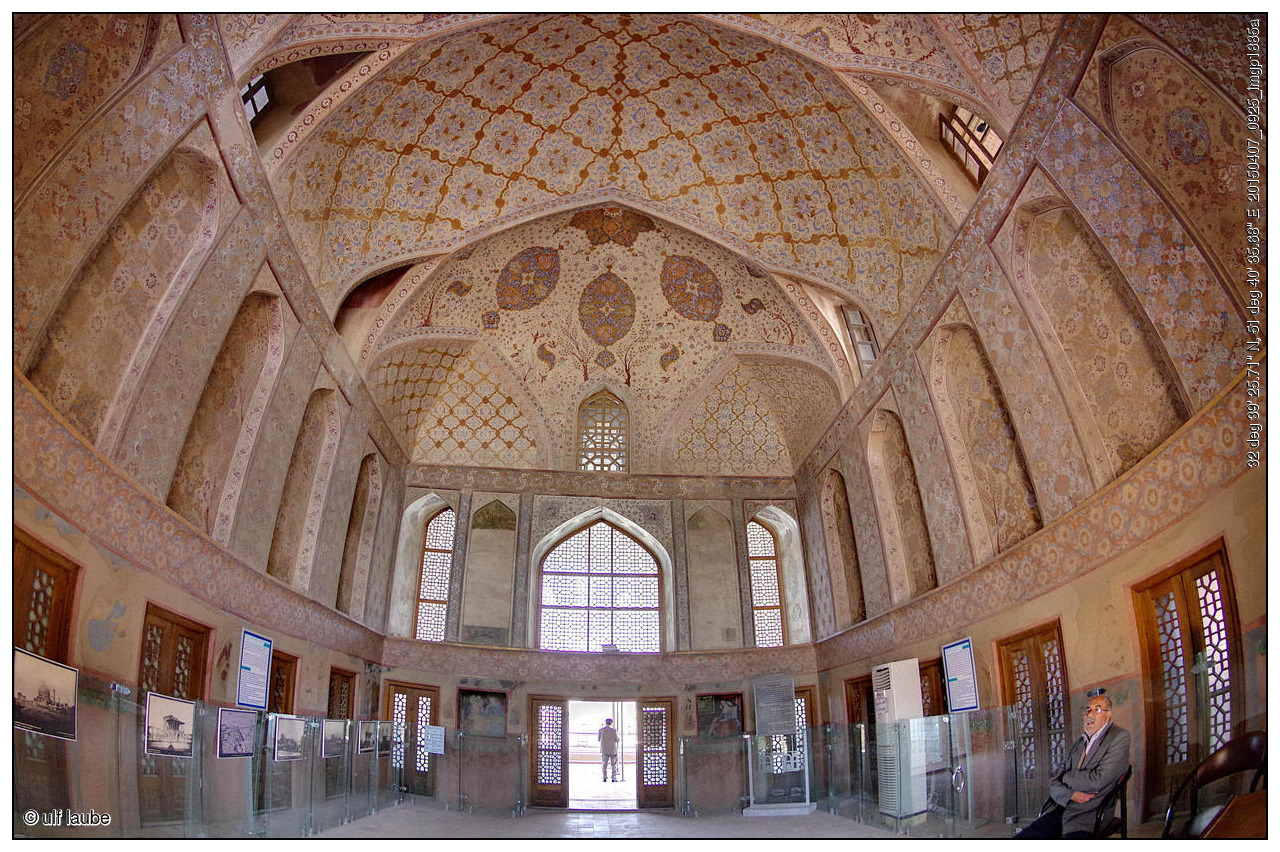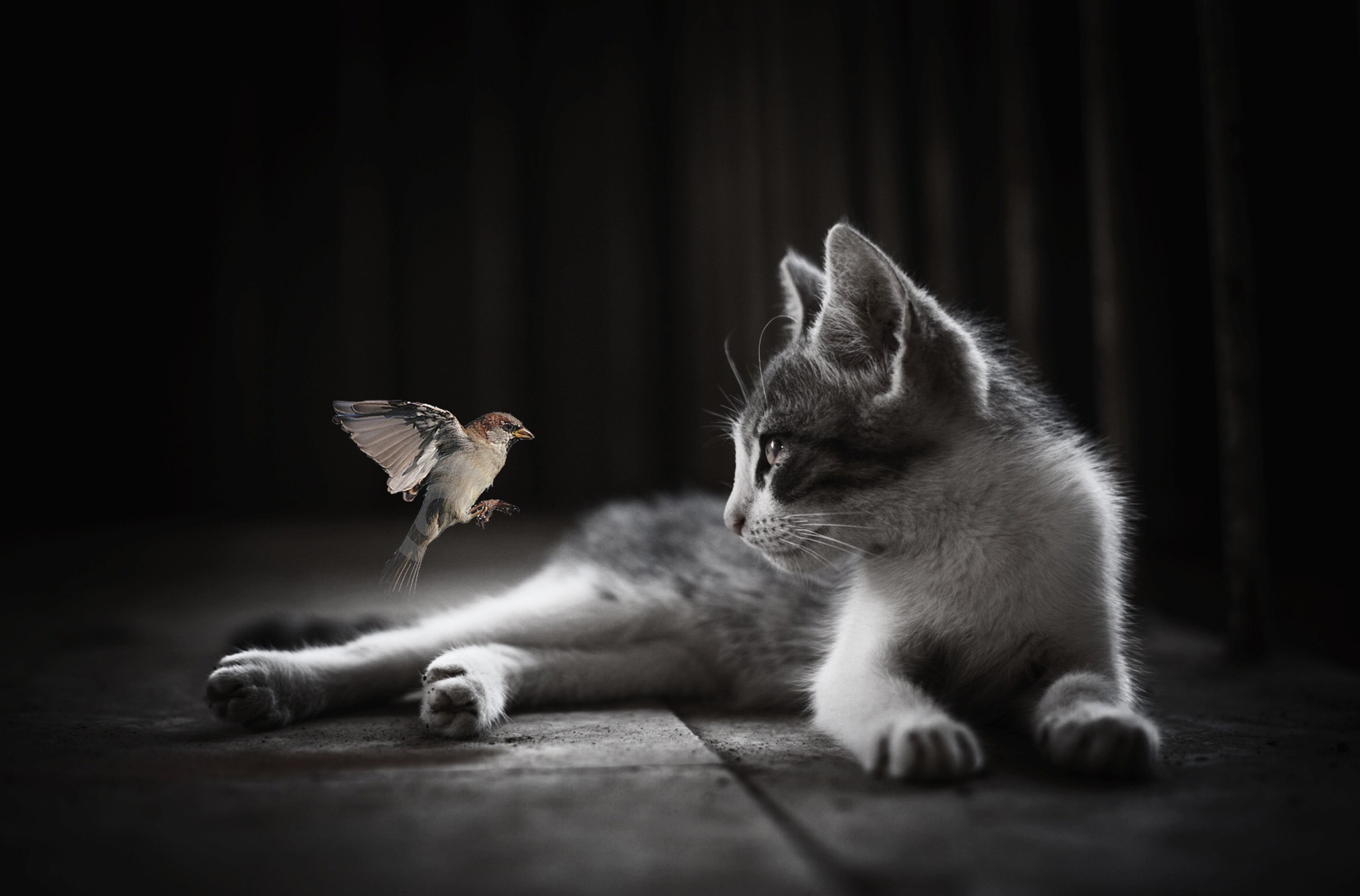
“Tolerance – The ability or willingness to tolerate the existence of opinions or behaviour that one dislikes or disagrees with.”
I have posted similarly about this before.
Tolerance sounds nice and easy and important and altogether a desirable behaviour or mindset.
It is not easy, at all.
It is important and desirable.
Tolerance, as the definition in the Oxford Dictionary so nicely makes clear means to endure something one does not agree with – or dislikes even.
As human beings many, I’d say, more than 50% of most of the population of any region in this world, are raised to certain ideals and rules that they are expected to fulfill or conform with, often no matter what.
The sad and scientifically proven fact is that many people often become sick in mind and body just because of that. The patriarchal society in particular, for example, expects men to be always on the alert, always superior, always cool, calm and collected although that is neither human nor really ‘manly’.
In consequence much more men than women suffer from alcoholism, are addicted to smoking – or worse.
The strictness of many of these unwritten rules of behaviour can make it extremely difficult to either accept a deviation in shape of a person – or a whole culture, even. Especially, when those rules are lived by without reflection – or almost none.
History…
Human history alas is also full of results of the lack of tolerance and the reasons for it.
It seems that many human beings are easily scared by phenomena or appearances that seem strange or unusual. The idea being that strangeness might mean danger – or at least a more or less subtle way to call ones own being into question.
The sometimes dreadful results of that kind of mindset are wars, pogroms and mass massacres of groups or peoples or tribes that seem to threaten the established order or ideals.
This can happen in everyday life too. When many people are convinced a certain way of life is the only healthy way – and someone else deviates from that.
I make the plea here, once again, as always: Let’s tolerate anything that is inside the range of the Human Rights Declaration – and create more peace on this earth – every day.
